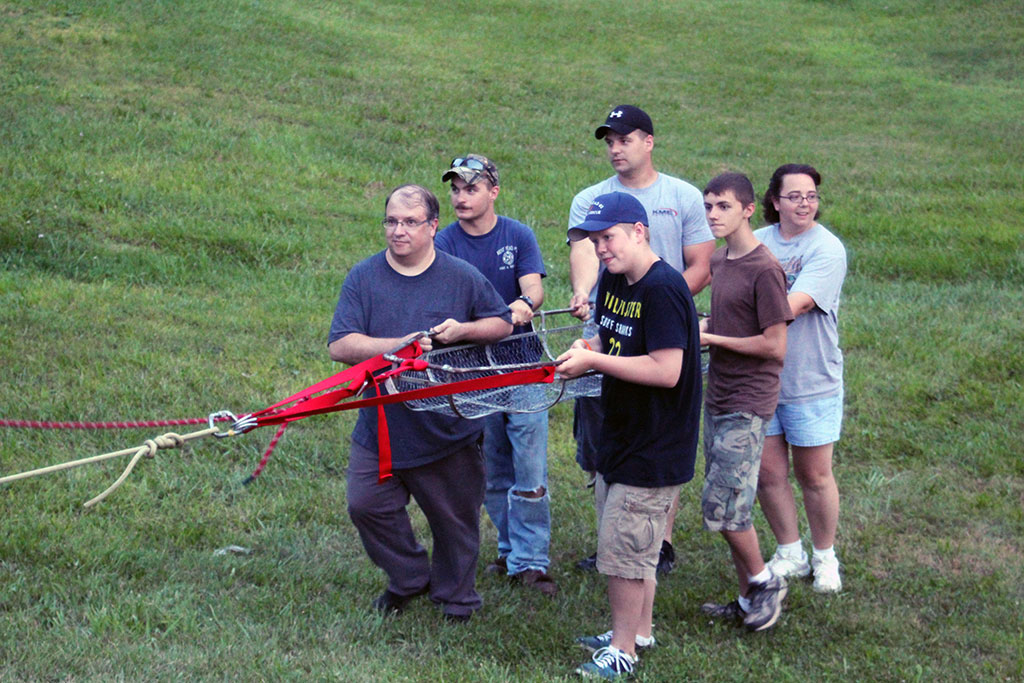

If the rope system fails, both the rescuer and the rescuee are at higher risk of life and limb injury. In these situations, rescuers will need a more diverse set of skills, as they will be relying only on ropes and other specialized hoisting and hauling equipment to access and retrieve the stranded individuals. Terrains with slopes of 60 degrees or more are used in high-angle rescue operations. If you want to learn more, here is the difference between a low angle and high angle rope rescue! High Angle Rescue This means that more specialized training is required for the rescue team.

The main difference between low and high-angle rescues is that the higher the angle of rescue, the more difficult the rescue is. Oil and gas, and construction are examples of industries where high-angle rescue is required.

However, as high-rise buildings, stadiums and other precipitous artificial structures become more common, it is increasingly being used in urban rescue missions. High angle rope rescue used to refer to rescue involving the extraction of people stranded in isolated regions with substantial inclines, such as caverns, mines, and mountains.


 0 kommentar(er)
0 kommentar(er)
